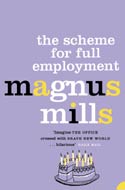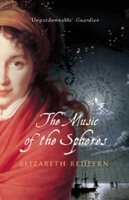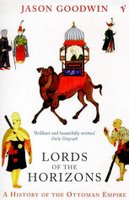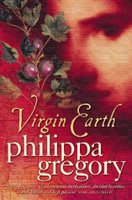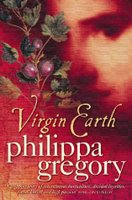
Thanks to a weekend of NO TELLY,
Virgin Earth is now, er, deflowered. What's it like? Oh right. Well, it's Philippa Gregory's second book about the Tredescant gardening dynasty that served the Stuarts right up to the Civil War and beyond. It's a sweeping story of that switches between England and Virginia and deals with themes of freedom, land ownership, the right of people to choose their own destiny, and gardening.
The main character of John Tradescant is a highly likeable one, and even though you might suspect that his senseibilities are a little more 21st than 17th century, at least Gregory puts a lot of work into showing you how he got that way. There's plenty of great research gone into this, and if you want to know how the Powhatan people lived before they were driven out by the British, or what it felt like to watch Charles the First tried and then beheaded, this could be the historical novel for you. Most enjoyable.

